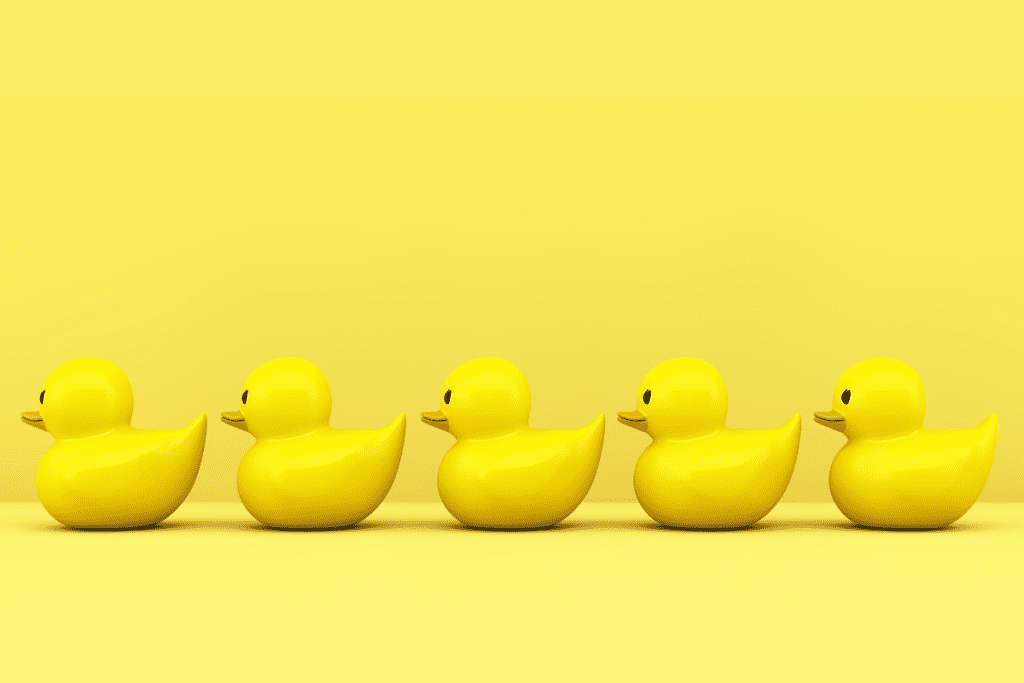
Mise en place and writing?
Mise en place is a French phrase meaning “everything in its place”.
Usually used in reference to cooking and culinary pursuits, it also applies to writing.
Creating a writing practice
Having everything in its place before you begin makes a huge difference in the process of cooking a meal. You have all of your ingredients, spices, utensils, pots and pans all ready to go before you begin. It makes the process smooth and you can easily flow through the actual cooking because of the preparation you put in before you start.
Writing is the same way, a little mise en place goes a long way towards making your words flow more smoothly.
What’s mis en place look like for writing? Get your ducks in a row before you begin.
A time for writing
Your schedule, a set time during which you’ll pursue writing. The time you plan to spend rather than leaving it up to the whim and chaos of the day.
A place for writing
Where you write. for some people having a special place to write is important. If that’s you, make sure it’s ready for you and not cluttered or taken over by other people.
Your writing tools
What you use to write, be it pen and paper, an iPad, a computer or even your phone. Whatever it is, make sure it’s ready to go, charged if it needs to be or sharpened or filled if it’s a pencil or pen.
A prompt, idea seed or work in progress
Knowing what you’ll write is part of the battle. Starting from a prompt or idea seed, like I did with this essay or working on something you’re in the middle of, like a novel. It’s much easier than staring at a blank page or screen.
These are the things that prepare a writer to write and gives them the best chance for a successful writing session. What do you do to get your ducks in a row?
3 types of writing avoidance & 3 remedies to help you create a writing practice
Avoidance: is the action of keeping away from or not doing something.
Avoidance is fear, expressed.
It causes us to procrastinate and put off writing. We avoid writing because of fear of criticism or rejection. Sometimes we’ll allow ourselves to write but avoid publishing, and our words languish in a drawer or a hard drive folder.
3 types of writing avoidance:
- Situational: we avoid our desk, our computer, our notebook, the place where we write, the tools we write with.
- Protective: Over preparation overdrive and making sure everything is perfect before we can begin. The perfect pen, the perfect notebook, the perfect cup of coffee. Except we never start because it’s never perfect so there’s always an excuse.
- Substitution: This is all about trying to replace one feeling with another. The name of the game is distraction. Like vegging out in front of the tv, or endlessly scrolling TikTok.
3 remedies for writing avoidance:
- Accountability: Find a partner to check in with, someone that will support you and hold you to your writing goals. Keep it simple, something like I’ll write for 20 minutes. I’ll write 500 words. Knowing you will check in with your partner creates momentum that makes it easier to sit down and write. Bonus: it feels good to support and cheer each other on.
- Change your thinking: instead of trying to achieve perfection, accept good enough. Your environment will never be distraction free or perfect. Running around seeking the perfect notebook, the perfect pen, the perfect writing spot will end up taking all the time you could spend writing. As long as it doesn’t impact the quality of your writing you can recognize it for what it is, a distraction to keep you from actually writing.
- Make a plan: Plan your writing by breaking it down into steps. If you want to write a novel this year? How many words do you need for your genre? How often do you write and how many words can you write in a session? You can write a novel in a year. 300 words a day will get you there if you write 5 days a week.
4 Simple Ways to Avoid Writing Distractions
It’s easy to fall into distracted living.
Our modern lives are engineered for it. Our devices encourage it. Social media rewards it.
But at what cost? When we are distracted, we’re not creating or writing, no words come.
I think this distraction is costing us something important, robbing us of progress and ultimately of joy and happiness. But instead, we give in to the distractions, spending time with them instead of doing the things that would move us forward. Keeping us from the very things we’re seeking.
4 Ways to limit distraction so you can get more writing done
- Use Focus mode on your phone. Apple and Android have customizable focus modes for your phone. Decide what, if any notifications you’ll receive during what times of your day. Try it for even an hour or so during your day and see what it’s like to be free of the pinging and vibrating. Give yourself a break so you can focus.
- Use a focus app on your computer. Instead of limiting notifications, these these apps block you from visiting distracting websites, so you can focus on your work, whatever it is. Apps like Freedom, Cold Turkey or Serene can block websites to help keep you on track.
- Limit social media. This is different than intentional engagement, I’m talking about doom scrolling. If you have to, set a timer to give yourself a boundary and stick to it. It’s easy to keep scrolling, this is something social media rewards, and it’s insidious because it feels like you’re doing something, you get that nice dopamine hit but in reality, nothing really gets done besides wasting time.
- Time blocks can also help. Use something like the Pomodoro method to help you set a timer for a focused work session can make it easier to ignore distractions. With each sprint you build in a break where you can indulge your distractions, freeing you to focus.
